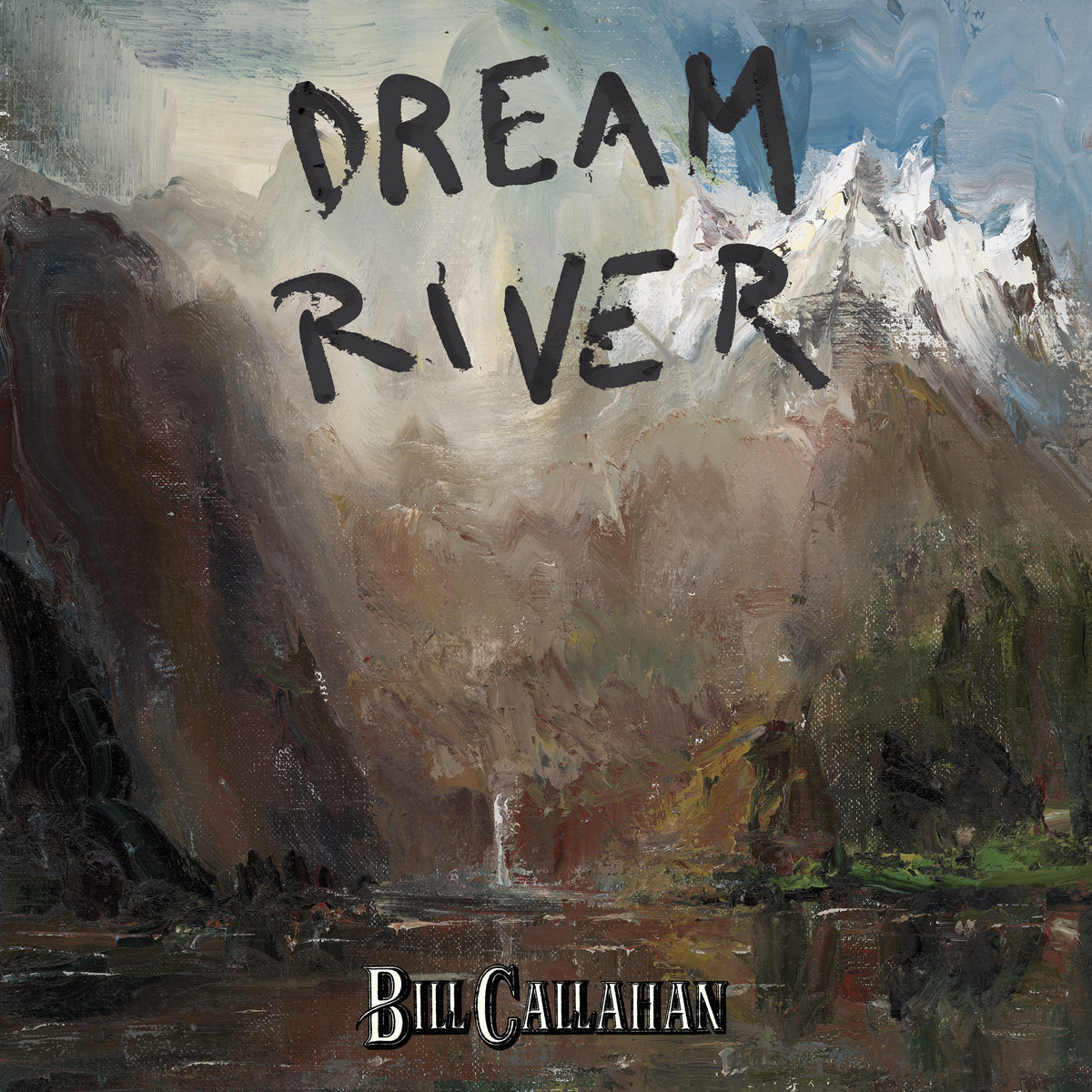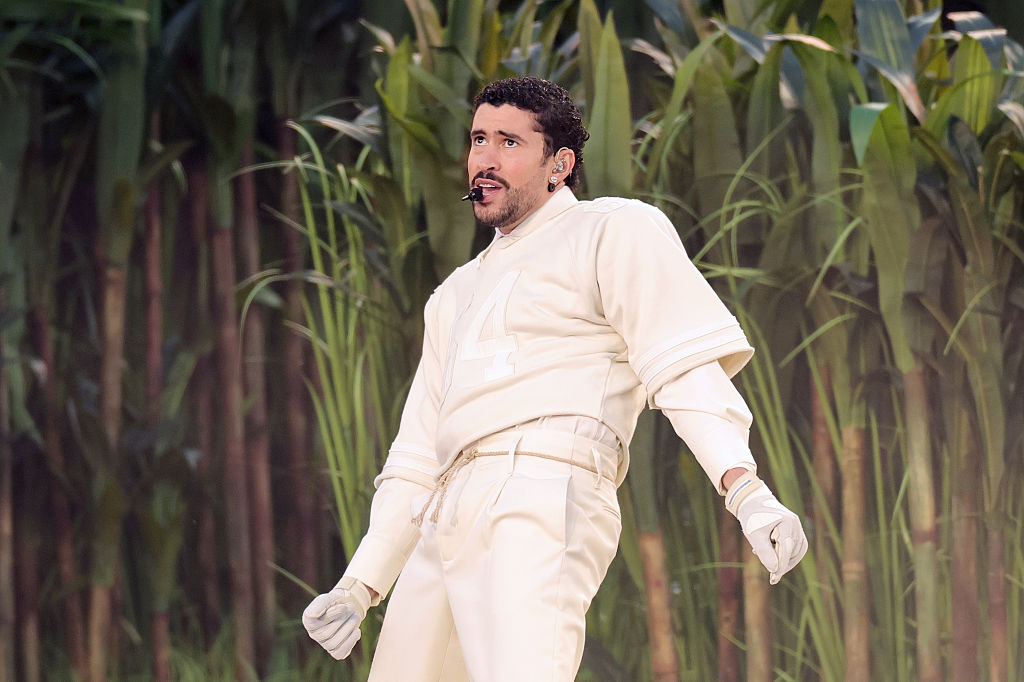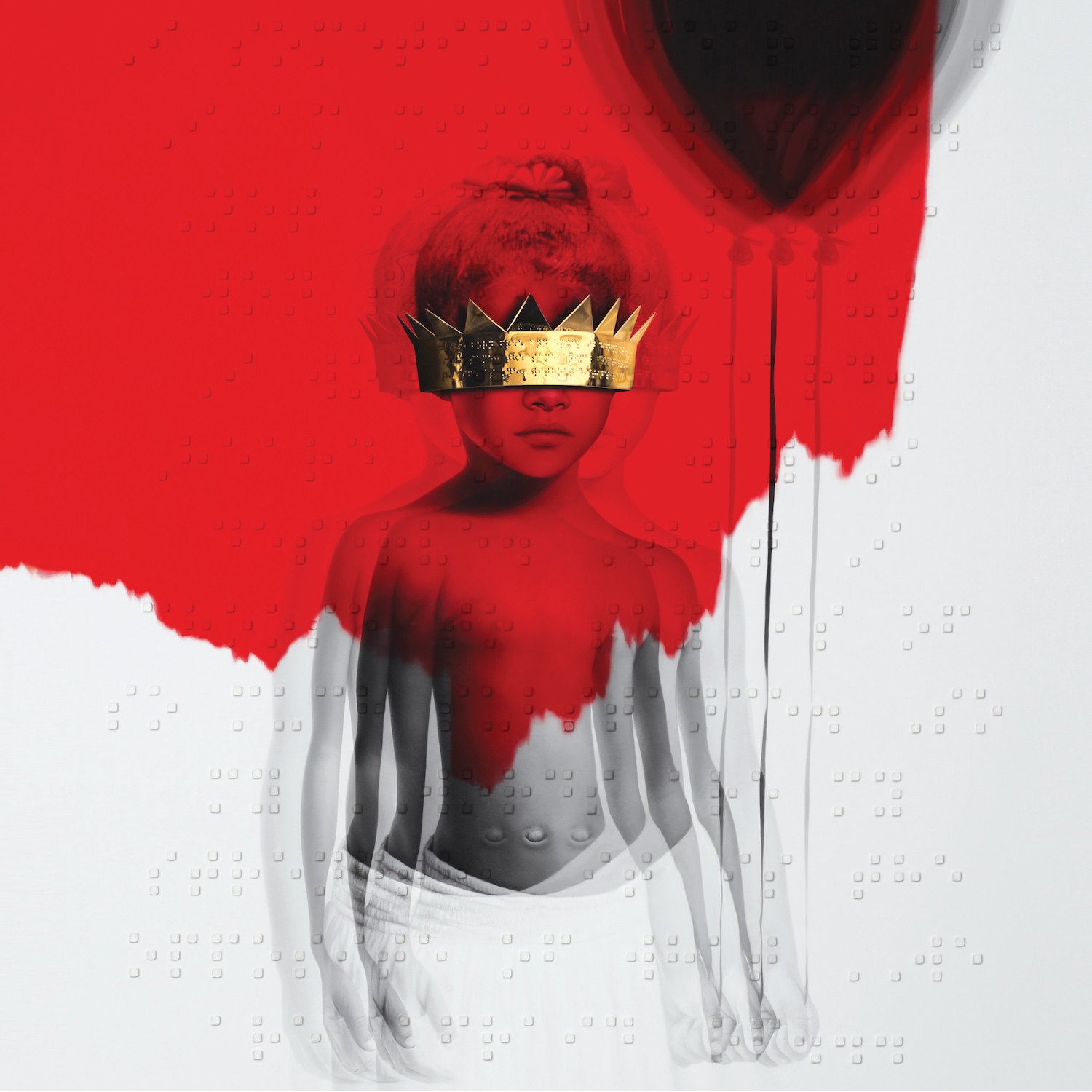- Drag City
- 2013
The only words I've said today are "beer" and "thank you."
Bill Callahan slips into the background, where he wants to live. In the hotel bar, he's a part of the scenery, as unassuming yet vital as the carpet and chairs. It wasn't always like this. When Callahan was still going by Smog, he moved to the country on a whim, admitted to breaking horses (metaphorical and otherwise), saw himself dying in a funeral pyre only to "phoenix" as he turned the bird, and its rebirth, into a verb.
Meanwhile, the woozy intro of "The Sing" sets all of Dream River in the half-space between sleep and wakefulness, slumped over a bar, the world slowly coming into view. It's a country tune with no qualifiers. A train sings its "way ol' song," the drums are a breezy shuffle, and a fiddle joins silvery guitar riffs that flow over the song like a burbling creek. Dream River isn't a country album through and through, though the tidbits of Waylon, Willie, and the Boys that Callahan weaves into his tapestry are welcome and natural additions.
Callahan's work under his own name and under Smog mutated glacially: the lo-fi early days slowly turned to Silver Jews-adjacent alt-country, then perverted zen as likely to tell a dirty joke as a koan. On Apocalypse centerpiece "Universal Applicant," Callahan shot a flare into the sky while sailing, only for the damn thing to fall down and catch the boat on fire, a multitude of Callahans sinking into the sea. "And the punk and the lunk and the drunk and the skunk and the hunk and the monk in me all sunk," he sang with a watery chuckle. That was a ramshackle, nautical exorcism. As Apocalypse preceded Dream River, it served as the preamble to Callahan's most calm and domestic offering up to that point — patient while his other albums were stubborn, content while the rest ached.
Even in a catalog that's been overly described as meditative, Dream River — released 10 years ago this Sunday — is the most centered of them all. The rockers like "Summer Painter" and "Javelin Unlanding," are swans — smooth, stately grace on the surface, turbid kicking below. Callahan saves his hardest edges for his weary reverence of nature. "Mountains don't need my accolades," Callahan sings on "Spring," shaking his head. Few can muddy the waters of beauty like Callahan, adding elements of terror and humanity or a simple reminder that nature doesn't, won't, and can't care.
"Summer Painter," a hypnotic exercise in unreliable narration, finds Callahan taking up gig work painting boats. "Rich man's folly and poor man's dreams," he explains, cursing one and looking at the other with baffled admiration. For reasons unexplained, the locals saw Callahan's character as an ill omen and, once he left, the sailors looked at him as an evil mystic that brought a gale onto the shores. "The rain ripped the lips off the mouth of the bay," he intones over a roaring guitar squall in one of the most evocative and terrifying moments in his catalog. "Then came a quiet no one should know," he closes, leaving us in the dark whether he'd briefly become an avatar of vengeful winds or if he was just some lucky sap, gone before the storm destroyed everything in its path. In his view, it doesn't matter either way.
Despite the warmth of "Spring," beauty and grotesqueries are embedded in a sizzling guitar tone and an ascending flute. It's terrifying to reckon with an unfathomable force in the universe that doesn't give two shits about you. Dream River is about finding the freedom in that apathy. So goes the critter in "Ride My Arrow," taken in the claws of an eagle and, in spite of it all, "enjoying the ride."
Callahan described Dream River as "the last record you could listen to at the end of the day, before you go to bed, around midnight." Despite the restful intent, he sings often about traveling and walking. The title track, a three-part meanderer, starts with the singer inhabiting a rambling seagull flirting with a barmaid only for his reverie to be shattered by a distant Callahan intoning the album title over and over. "Javelin Unlanding" works as one of Callahan's most potent analogies, all living beings a javelin in motion, unable to remember our birth, unable to experience death, never at rest, ever moving.
But one moment of movement was also a hymn to rest. "Small Plane" found Callahan and an unnamed co-pilot breezing through the skies above rivers in a dinky Cessna, with "no navigation system beyond our eyes." The light thunk of a tom and a woodblock are all the rhythm section needs, and the rest of the music is just as impressionistic. "I never liked to land/ Getting back up seems impossibly grand," coos Callahan before repeating, over and over: "I really am a lucky man." The pristine sweetness and warmth is a wonder. It doesn't reach for impossible heights, instead ambling to perfection. Even after a half-decade plus of domestic revelry, "Small Plane" is still Callahan's most peaceful, comforting song.
After taking a few years off, getting hitched and having a kid, his next album Shepherd In A Sheepskin Vest ushered in an era where "the lion left the family crest" and Callahan's more impulsive, carnivorous habits finally left his cooling blood. That's certainly not Dream River; the only thing Callahan seems certain of here is nature's apathy and the slippage of time. The album is a meditation on moments — how quickly they pass physically, and how long they last in our minds. How much does a moment, a story, a person exist outside of our direct interactions with them? The Donald Sutherland interview that briefly entranced you on the car radio? How about that guy you briefly talked with about Silver Jews while pissing in the alleyway next to the venue? That taco stand in Lubbock you never saw again? These are all ephemeral, liminal moments, untethered to our personal reality outside of a few brief moments and the other precious seconds that might be revived in our memory.
The beautiful album artwork by Paul Ryan (not Rage Against The Machine superfan Paul Ryan) plays on memory as well. It's a murkier version of the paintings produced by the Hudson River School of the mid-19th century, which turned views of the Catskills into portraits of near-religious fervor. Callahan's later work would turn to the golden glow of the Hudson School, radiating folksy charm and porch-light beauty. Dream River is the bridge between the taut anxiety of Smog and the "What Comes After Certainty" of his 2020s work: Callahan smudging the edges, letting a few spotless details allow the listener's mind to paint the rest of the muddy picture. The past was fully formed but abstract, the future out of an Eans catalog. Callahan found moments of drab majesty in the unexpected or from things so foundational we forget their sublime qualities. He found God in a cockpit, the terror and thrill of an icy road, the eerie stillness after a storm. In this worldview, a hotel bar could be the center of an entire universe. Callahan finds brief peace the only way he knows how: He'll take another beer, thank you.
We rely on reader subscriptions to deliver articles like the one you're reading. Become a member and help support independent media!






